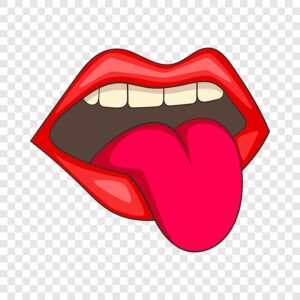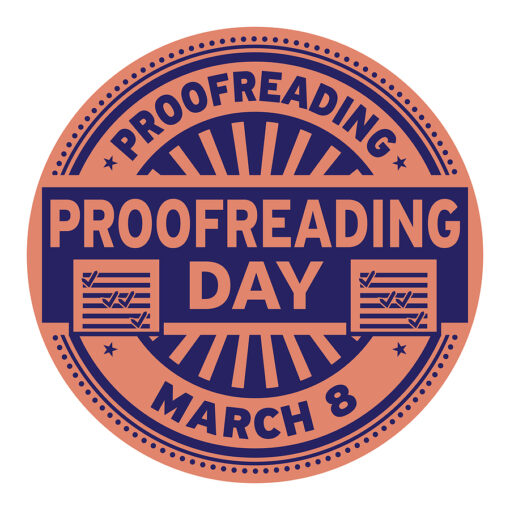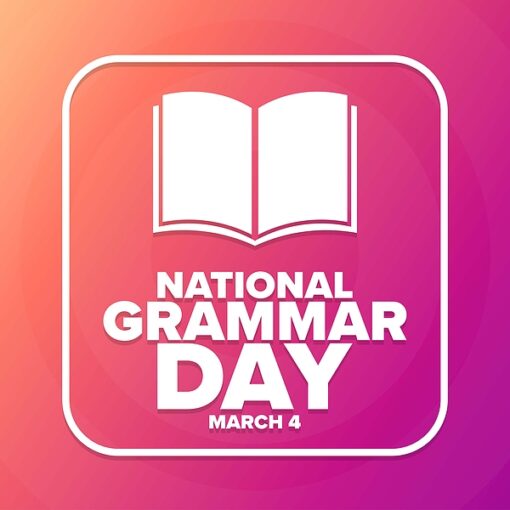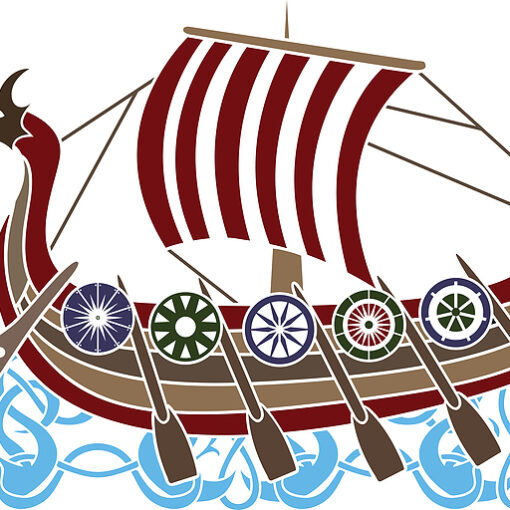Any language can incorporate foreign words and most have. Simple contact between cultures is all it takes. John McWhorter in The Power of Babel, says “intercultural contact is the very heart of human history, and thus the six thousand human languages are replete with the results of it.”

And, he points out, generally speaking, when a dominant proportion (or often just a highly influential minority) of a language’s speakers become bilingual between that language and another one over a long period of time, the gates open for exchange of words of this kind. They also usually flow more from conqueror to conquered, like the Roman armies marching through Europe or the Germanic tribes and Norsemen who invaded England.
How Do Dialects Arise?
McWhorter says that dialects follow from the nature of language change. For example, Latin developed into several distinct languages when populations of its speakers were dispersed throughout Europe. The new languages did not appear abruptly, but by a gradual process in which there was no real dividing line between “Latin” and the “new language.” In each area, it was a combination of Latin and French or Latin and Spanish or Latin and Italian, varieties of Latin not so distinct as to be ”separate languages,” but distinct from one another; therefore dialects of Latin.
Those Angles, Saxons and Jutes Started It All
Because the Angles, Saxons and Jutes lived in separate places, their language also developed in slightly different directions. They arrived in England speaking at least three dialects of what we call Old English. The Germanic and Nordic invaders quickly spread in all directions. In subsequent centuries, English came to be used in hundreds of separate regions by people most of whom rarely ventured far from their own villages. Old English developed in different directions in each region, and each dialect developed its own sound changes, extensions, grammaticalizations, and semantic changes.
When Is English Not English?
For example, there’s Cornwall English, Cockney English, Manchester English, Midlands English, and the gentry or “educated” English—and sometimes you might be forgiven for wondering if any of them are speaking the same language!
Just like they speak Welsh in Wales, but it’s a Celtic language in the same family as Irish Gaelic, Scottish Gaelic and Cornish. It has evolved today so that there are two dialects: Northern and Southern Welsh. There are even differences between English English and American English, not only in different words for the same things (boot vs. trunk, lift vs. elevator and underground vs. subway), but differences in punctuation, especially with commas.
McWhorter says that despite the sociologically based evaluations that attach to dialect, there is no such thing as human beings speaking “bad grammar.”
Appalachian English
The Appalachian English, native to the Appalachian Mountains in the Eastern U.S., that sounds so twangy, rustic and full of “mistakes” (in other words, ways in which it has mutated in directions other than that of Standard English) is just one of several varieties of English dialects. It’s closer in some respects to that of 16th Century Elizabethan English and has also been compared to 18th Century English. Isolated communities were more immune to outside change until the 20th Century with the communications blizzard of radio and television, and populations became more mobile.
Southern Drawl
The Southern drawl is a collection of dialects of American English spoken throughout the Southern United States, though increasingly in more rural areas. Superseding the older and more diverse Southern dialects by such events as the Civil War, the Great Depression and World War II, the newer Southern dialect quickly became stigmatized in American popular culture. The dialect is on the decline among younger and more diverse, urban residents of the South.
Black English
Black English, America’s most controversial dialect, which even the most well intentioned of people often see as ”bad grammar run wild,” developed through the same process of change as those of any other dialect. Black Africans learned English on plantations as a second language, and the dialect carries a few legacies of that history. With its own unique grammar, vocabulary, and accent features, Black English is usually employed by Blacks in more informal and casual settings.
Spanglish
And then there’s Spanglish, the influence of English on the Spanish spoken by immigrants from Mexico, Cuba and Puerto Rico. Latinos born here or those who came at a young age are often dismissed as speaking “Spanglish” because their dialects of Spanish are flooded with foreign vocabulary—this time English. The accusation comes when a Latino uses English words transformed into Hispanicized ones: brecas for brakes instead of the original Spanish frenos, or capeta to refer to a rug instead of alfombra.
Dialects Rather Than Languages
In America, the difference between English dialects is rather slight in relation to how widely dialects often diverge worldwide. Dialect differences here are mostly limited to vocabulary (pop versus soda), minor sound differences (car pronounced kyar in some northeast areas), and some nonstandard speech forms like ain’t and double negatives. In fact, McWhorter believes “that the entire timeline of American English has taken place within the constraints of societal trends that have the by-product of retarding language change and thus the mutation rate of dialect.”
Worldwide, local differences are more a matter of local terms and accent than much else. McWhorter feels that the linguistically homogenizing tendencies of printing, education, and the communications revolution have affected us for only the last few centuries, whereas human language has existed for about 150,000 years. Because of the transformative nature of human speech, he believes the concept of “language” is a mere terminological convenience and that dialects are all there is.
Our Foreign Vocabulary
For example, the Chinese exerted influence over many Far Eastern cultures. They occupied Vietnam for more than a thousand years. The use of Chinese symbols as part of the Japanese writing system is paralleled by thousands of Chinese-derived words that run through the smaller country’s language. Some words from Chinese that have reached us, mostly through other languages: bok choy, brainwash, catsup/ketchup, char, mahjong, paper tiger (translation of Chinese phrase made popular by Mao Zedong), rickshaw, shantung silk, shar pei, shih tzu, shogun, soy, tea, tycoon, and zen.
Because of the spread of Islam, Turkish and Urdu (in Pakistan) contain massive percentages of Arabic words, as does Spanish from the 800-year domination of the Iberian peninsula. Arabic-derived words came to us filtered through other languages, such as alcohol, algebra, aubergine, borax, candy, cipher, coffee, cotton, damask, elixir, gauze, giraffe, hummus, jar, jasmine, lacquer, lemon, lime, macrame, magazine, orange, safari, sequin, tangerine, tariff, traffic, sugar, zenith, and zero.
In England, English continued to develop different dialects (remember the different dialects of Anglo-Saxon the Germanic tribes and Norse brought with them). Scots English took on some French words that dialects to the south did not (bonny for beautiful and fash “to bother” from French facher). Because the Norse-speaking Viking invaders settled in what became Scotland, Scots also has a stronger Norse imprint than does Standard English.
The Normans who conquered England brought with them the Norman dialect of French, not the one spoken in the Paris area that was to become the standard. For example, our word today for castle was the Norman castel; the Parisian version was chastel (that later developed into chateau, which the English borrowed again!). Another difference between the Norman and the Parisian dialects was the Normans had w while Parisians had gu (remember all those Norse “w” words?). Double dipping between the two dialects is why we have both warranty and guarantee, reward and regard, and warden and guardian.
McWhorter says that, “Once a language is spoken by separate populations, it will eventually diverge into dialects.” According to British linguist David Crystal, there are over 150 English dialects spoken in the world. For a country such as ours with a large and diverse population (and getting more diverse all the time), who knows what dialect will pop up next?




